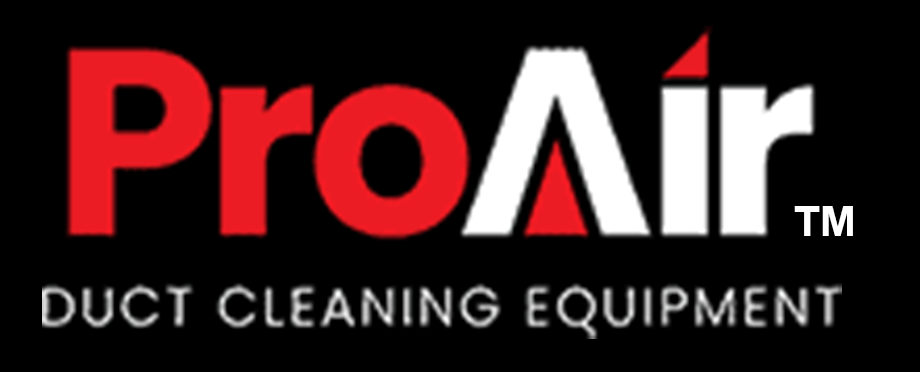Reasons why closing vents is a bad idea
The movement of air through your home has been meticulously planned and developed. With moving air about your house, there is a certain level of pressure involved. If this pressure is out of balance, you will certainly have difficulties.
In other words, your air conditioning system is constructed such that the quantity of air drawn into your system equals the amount of air blasted out of the registers. When this occurs, the members of your unit are working together in harmony.
You increase the amount of pressure present in your air ducts by closing a vent. If the pressure in the ductwork becomes too high, it may result in minor leaks in the system. Even if you currently have minor leaks, the increased pressure may worsen those leaks.
This may lead to more significant issues in the future. Suppose your evaporator coil isn’t receiving enough airflow. In that case, it may simply freeze solid, causing damage to other components of your HVAC system and the need for expensive repairs in the future.
Why is Closing Air Vents Not going to increase efficiency?
Even if blocking the vents does not result in any additional problems (which is unlikely), it will not accomplish your main purpose of reducing HVAC consumption and saving a few dollars on your energy bill. The increased pressure in your ductwork from blocking your vents means that your air conditioner or heater will have to work considerably harder to circulate the air appropriately.
In other words, shutting a vent is counterproductive in terms of cutting energy use, but it will also result in greater and more costly HVAC repairs as time passes. If you are serious about lowering the expenses of our heating and cooling, the thermostat is the greatest spot to begin your savings journey. Check to see that your temperature is programmed to increase and decrease at the right intervals.
It’s also possible that you’ll want to consider upgrading to a more energy-efficient model. If your HVAC system is more than eight years old, you are losing out on a plethora of technical developments. In addition, newer units have much higher energy efficiency ratings due to constantly changing federal rules.
There are many reasons why you shouldn’t cover your air vents.
- You may tamper with the airflow
Just because you cover a vent does not imply that your HVAC system is aware of your actions. The system will continue to pump air through those vents, and if you leave them closed, you may see an increase in air pressure and a decrease in airflow, both of which might cause harm to your system.
- You run the risk of causing damage to the heat exchanger
A buildup of pressure from air being pushed to covered vents can cause difficulties with your heat exchanger, causing it to shatter and release carbon monoxide into the atmosphere.
- Mold and mildew might grow in your home
If you live in a humid climate, a clogged air vent may cause mold or mildew to grow in and around your vents and air ducts, which may be harmful.
- You may squander energy
While you may have assumed that blocking your air vents would help you save money on energy, it has the opposite effect. Cracks and other damage to your HVAC system may enable air to escape via your ducts, increasing your energy expenditures.
It’s not always the case that air ducts are concealed intentionally. If you notice that curtains, carpets, or furniture obstruct any air ducts in your house, remove them to enable more air to circulate freely throughout your home.
- A potential fire hazard
The most visible (and perhaps most deadly) ramifications of a clogged vent are that it will cause a fire to erupt. How? As we discussed in our first point, force your system to work harder than it should, and you increase the likelihood of your furnace catching on fire.
- Increasing the amount of pressure
Your heating and cooling equipment was designed to work with the actual square footage of your house. Air vents are closed or blocked by furniture, resulting in the same quantity of air being forced through your ventilation system but at a higher pressure since there are fewer options for air passage.
The consequence is that your HVAC system has to work harder, reducing its lifetime. Still, it also causes frozen air conditioning coils, overheated furnaces, broken heat exchangers, and leaks in duct systems. The threat to your house and the high cost of repairs are associated with these concerns.
- Might increase the level of Carbon Monoxide
All of the difficulties listed above are annoyances to your family’s comfort level and your financial situation, but the danger of carbon monoxide is no laughing matter. As a result of closing the air vents in unoccupied rooms, it is much simpler for the heat exchanger to break, resulting in the release of lethal carbon monoxide into the house.
Carbon monoxide is a colorless and odorless gas undetected by humans since it has no taste, smell, or color. When breathed, it displaces oxygen from the bloodstream, depriving the brain, heart, and other organs of oxygen that they desperately need. The gas might overtake you in a matter of seconds and without notice. Keep your air vents open, and make sure you have a carbon monoxide detector installed in your home.
Conclusion
Closing air vents in empty rooms may seem like a no-brainer, but experts advise you to follow their advice. You want those vents to be as open as possible to provide your HVAC system with as much freedom to work. Closed registers may cause various problems, so call an HVAC service specialist who will promptly diagnose the problem and fix your system if you’re already having problems.

